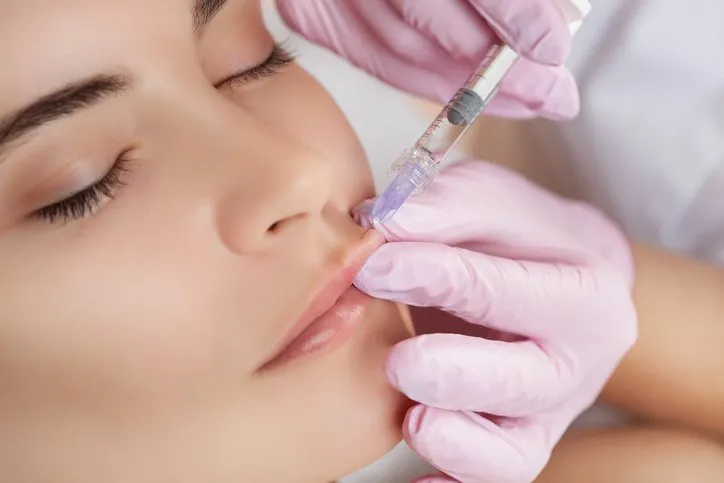Rejuvenate, Refresh, Renew – Cosmetic Dermatology Explained
Cosmetic dermatology has revolutionized the way individuals approach skincare, offering a spectrum of treatments designed to rejuvenate, refresh, and renew the skin. At its core, cosmetic dermatology focuses on enhancing aesthetic appearance through non-invasive or minimally invasive procedures, catering to both therapeutic and elective purposes. From treating signs of aging to addressing skin imperfections, the field encompasses a wide array of techniques tailored to meet diverse patient needs. One of the primary objectives of cosmetic dermatology is skin rejuvenation. As we age, our skin undergoes changes such as decreased collagen production, loss of elasticity, and increased pigmentation. Procedures like chemical peels, microdermabrasion, and laser treatments are employed to combat these effects. Chemical peels involve applying a solution to remove damaged outer layers of skin, revealing smoother, younger-looking skin underneath. Similarly, microdermabrasion utilizes tiny exfoliating crystals to gently remove dead skin cells, stimulating cell turnover and promoting collagen production. Laser treatments, on the other hand, target specific skin concerns such as wrinkles, scars, and age spots by delivering concentrated beams of light to the skin’s deeper layers, triggering rejuvenation processes.

To refresh the skin’s appearance, cosmetic dermatologists utilize injectables such as Botox and dermal fillers. Botox injections work by temporarily paralyzes facial muscles that cause wrinkles, effectively smoothing out lines and preventing further deepening. Dermal fillers, made of substances like hyaluronic acid, are injected to restore volume and plumpness to areas of the face that have lost elasticity or fat pads over time. These treatments are minimally invasive and offer immediate results with little to no downtime, making them popular choices for those seeking quick refreshment of their appearance. In addition to rejuvenation and refreshment, cosmetic dermatology focuses on skin renewal through advanced procedures like laser resurfacing and microneedling. Laser resurfacing treatments utilize intense beams of light to target and vaporize damaged skin cells, stimulating the growth of new, healthy skin cells. This procedure is highly effective in treating wrinkles, scars, and uneven skin tone, with results that continue to improve over several months as collagen production increases. Microneedling, on the other hand, involves using tiny needles to create controlled micro-injuries in the skin, triggering the body’s natural healing response and promoting the production of collagen and elastin.
Cosmetic dermatology not only addresses aesthetic concerns but also boosts self-confidence and enhances quality of life for northstar dermatology cosmetic services on many individuals. By offering personalized treatment plans tailored to specific skin types and concerns, dermatologists can achieve natural-looking results that align with their patients’ expectations. Whether someone is seeking to reduce fine lines, erase age spots, or achieve a more youthful complexion, cosmetic dermatology provides a range of safe and effective options. Furthermore, the field continues to evolve with advancements in technology and techniques, ensuring patients have access to the latest innovations in skincare. From non-surgical facelifts to body contouring treatments, the possibilities for enhancing one’s appearance through cosmetic dermatology are extensive. However, it is crucial for individuals considering these procedures to consult with qualified dermatologists who can assess their needs and goals, ensuring they receive appropriate treatment and achieve optimal results.

